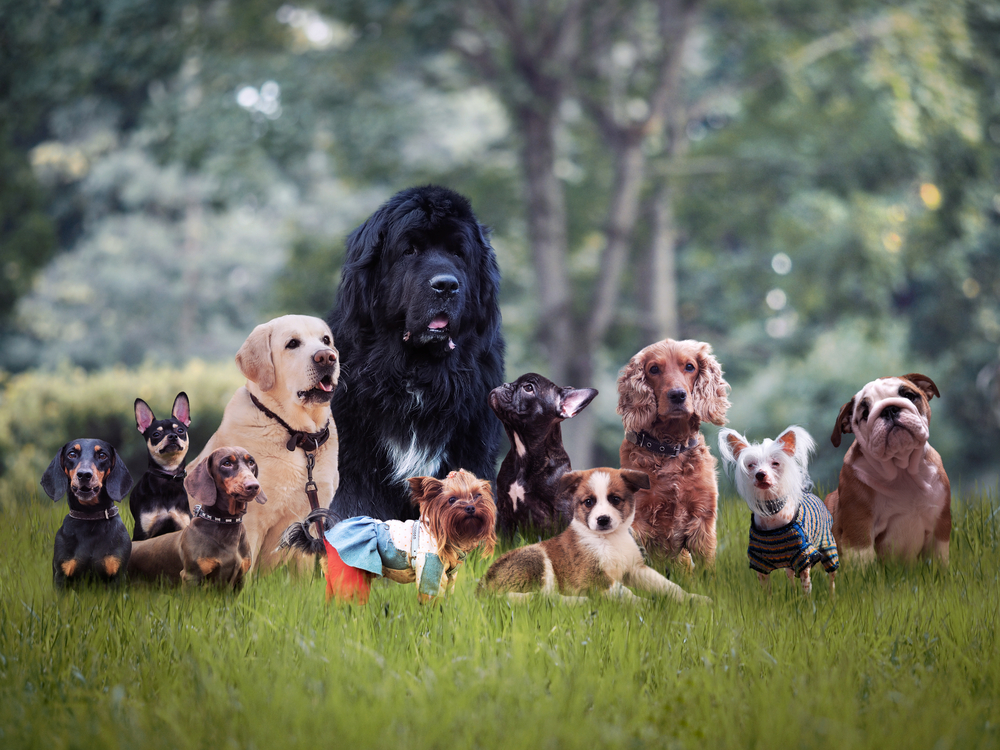New Study Reveals Cancer Risk Variability Among Dog Breeds.
Others are reading now
Recent research challenges the common belief that larger dog breeds face a higher risk of cancer, revealing that size alone isn’t a reliable indicator of cancer susceptibility. According to a study published in Royal Society Open Science, it’s the large, but not the largest, dog breeds that generally carry the greatest risk of developing cancer.
The study aimed to delve into the mechanisms behind cancer initiation across different dog breeds, a task undertaken by Leonard Nunney, an evolutionary biologist at the University of California, Riverside, and his team. Unlike in humans, where increased body size correlates with a heightened cancer risk, this pattern does not hold true for dogs. “You have things that range in size from a chihuahua up to a mastiff, or a Great Dane. So there’s a huge range of size,” Nunney explained to ABC News.
Interestingly, the research indicated that bigger dogs tend to have a lower risk of cancer compared to their medium-sized counterparts, primarily because they often have shorter lifespans. “That’s simply because they’re dying younger,” Nunney added, shedding light on the complex relationship between size, lifespan, and cancer risk in dogs.
Also read
Among the breeds identified as having a higher predisposition to cancer are flat-coated retrievers, known for a higher frequency of a type of sarcoma; Bernese mountain dogs; and Westies. Moreover, most terrier breeds, particularly Scottish terriers, were found to have an unexpectedly high likelihood of developing cancer, such as bladder cancer, for their size.
However, the study also brings some positive news: only a few breeds are exceptionally prone to cancer. This insight into the genetic mutations driving cancer in canines suggests that while inbreeding within a breed’s ancestry may reduce its lifespan, it doesn’t necessarily elevate the general risk of cancer.
The researchers believe the study’s model could be instrumental in future investigations to track the prevalence of specific cancers among dog breeds. Nunney emphasized the value of dogs as a model for understanding genetic predispositions to particular cancers, potentially paving the way for advancements in both veterinary and human medicine regarding cancer susceptibility and prevention.


